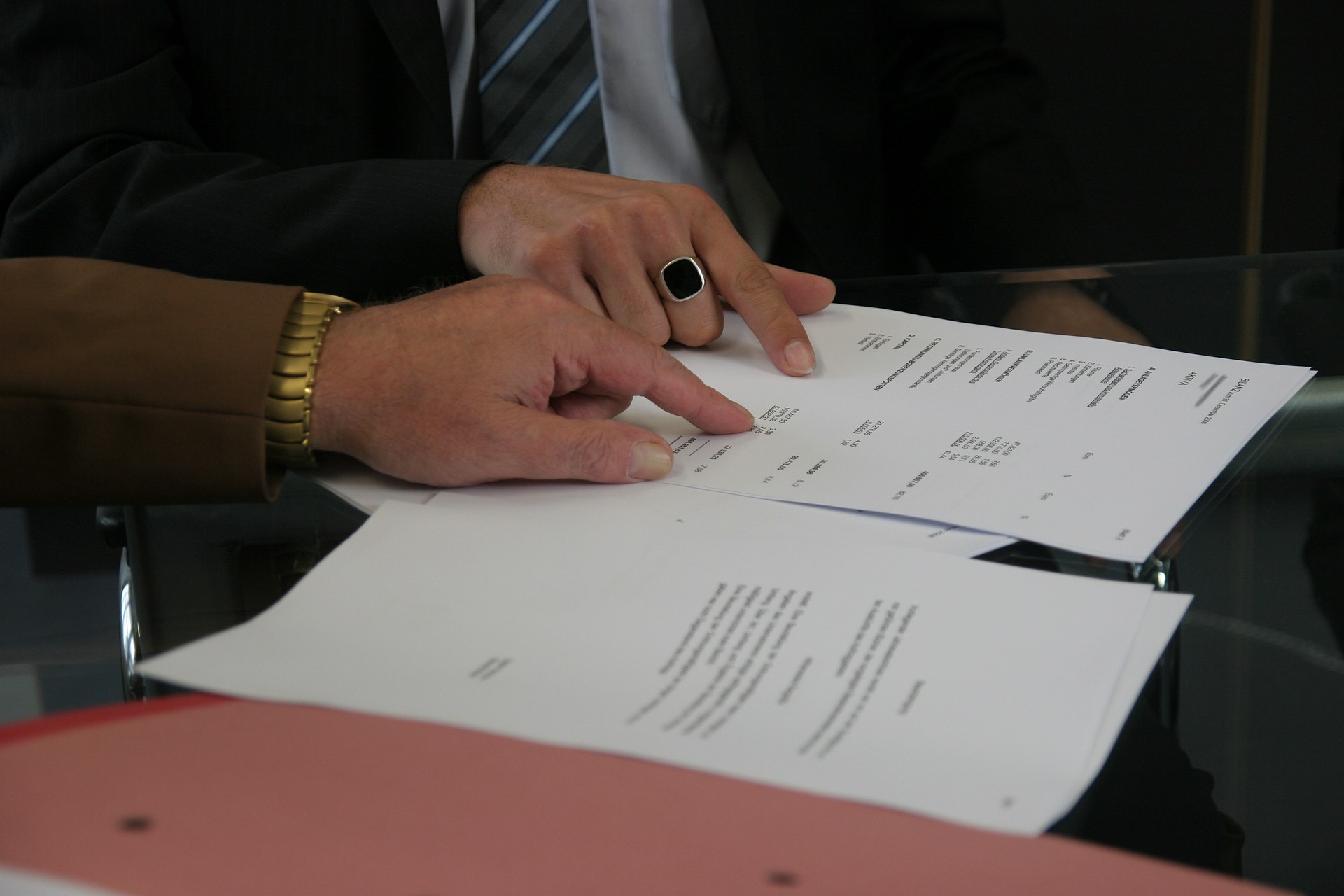
14 May How do I get collections accounts off my credit report?
Photo: pixabay.comQ. I lost my job a few years ago and could not keep up with all my bills. I defaulted on some credit cards, but paid the mortgage, car loan, utilities and so forth on a regular basis when I got my disability approved. Some bills went into collections. The original company has written off the debt as bad debt. The debt was sold to a collection company. When they were unsuccessful, they sold the same debt again and it appears with a new date on my credit report, keeping my score down. I disputed the entries, but new ones keep appearing. What can I do?
— In trouble
A. We’re sorry to hear about your job loss.
During the time that your credit cards were going unpaid, your credit report was getting updated with the late payments which negatively impacted your overall score, said Claudia Mott, a certified financial planner with Epona Financial Solutions in Basking Ridge.
She said late payments comprise 35 percent of the credit score calculation and will remain on a credit report for up to seven years. The default notices that your creditors likely put on your credit reports will also stay on for a similar amount of time.
Now that the debt has gone to collection, the collection agencies will be reporting to the credit bureaus regarding the status of the account, Mott said. This type of extreme delinquency will be a red flag to any potential creditor viewing your report.
If the debt is being sold from one company to the next, you may be able to continue to dispute the listings with the credit bureaus.
“Transunion, Experian, and Equifax would need to get confirmation for the named collection agency in order to prove that they still own the debt and that the entry on your credit report should remain and that is not a duplicate of another entry,” Mott said. “It will be a benefit to have the inactive, older collections removed even though it may not have a direct impact on increasing your score.”
Mott said it’s important for you to maintain records of these disputes and the timelines related to the appearance of delinquencies on your credit report. Once seven years has passed, those entries should be removed, but you may need to intervene in order to ensure that it happens in a timely fashion, she said.
Another thought: You may also want to try to negotiate with the debt collection agency to see if you can come to a mutual payoff amount.
“First, be sure you understand the statute of limitations that the debt is legally enforceable,” she said. “Each state has its own limits and it can differ based on the type of debt, but in New Jersey it’s six years.”
If your debt is within the statute of limitations, you may be able to negotiate a reduction based on the change in your financial circumstances and the hardship that you endured when you lost your job, she said.
In the event that you have paid off any of the debts that remain listed on your credit report, you may try to get a “goodwill deletion,” she said.
“Send a letter to the collection agency explaining the difficult time you experienced and that you’ve made good on the outstanding obligation and ask them to consider removing the entry from your credit report,” she said.
If the same errors keep happening, consider putting a note in your credit file explaining that yes, you do have these collections accounts but they’re not new, and they keep reappearing despite your disputes.
Email your questions to .
This story was originally published on May 14, 2019.
NJMoneyHelp.com presents certain general financial planning principles and advice, but should never be viewed as a substitute for obtaining advice from a personal professional advisor who understands your unique individual circumstances.

